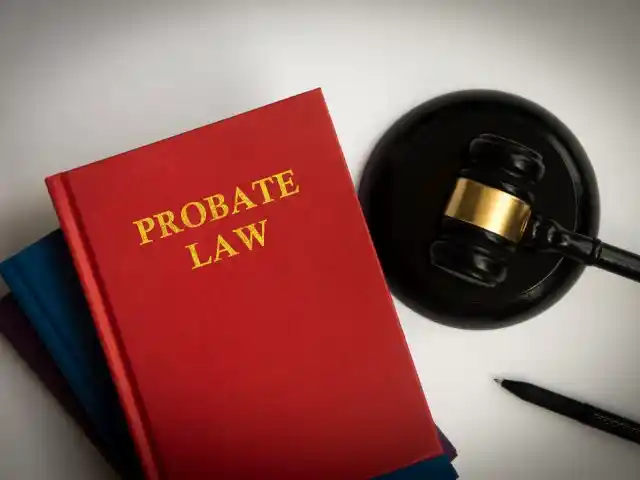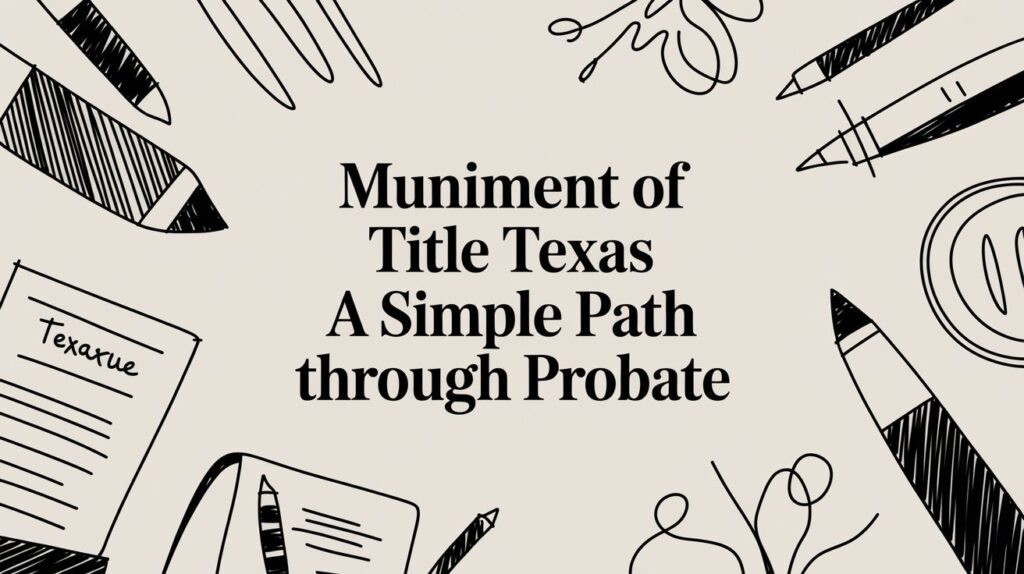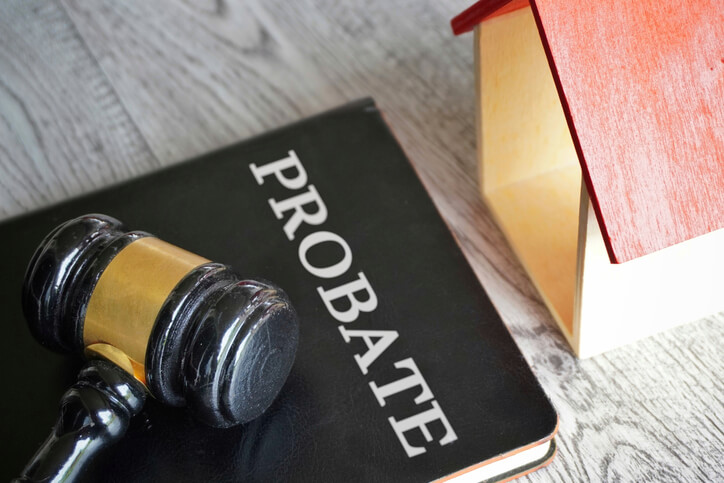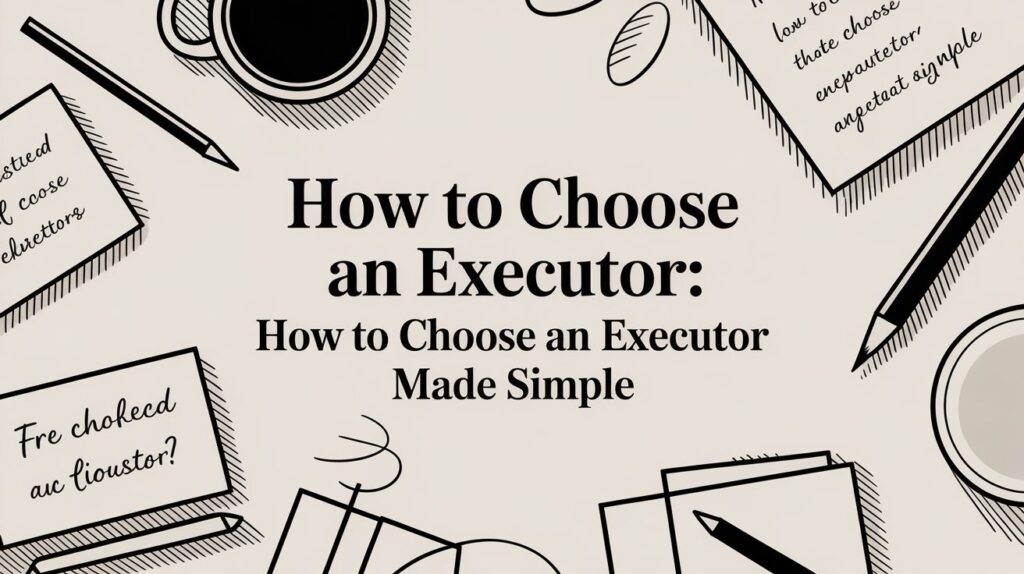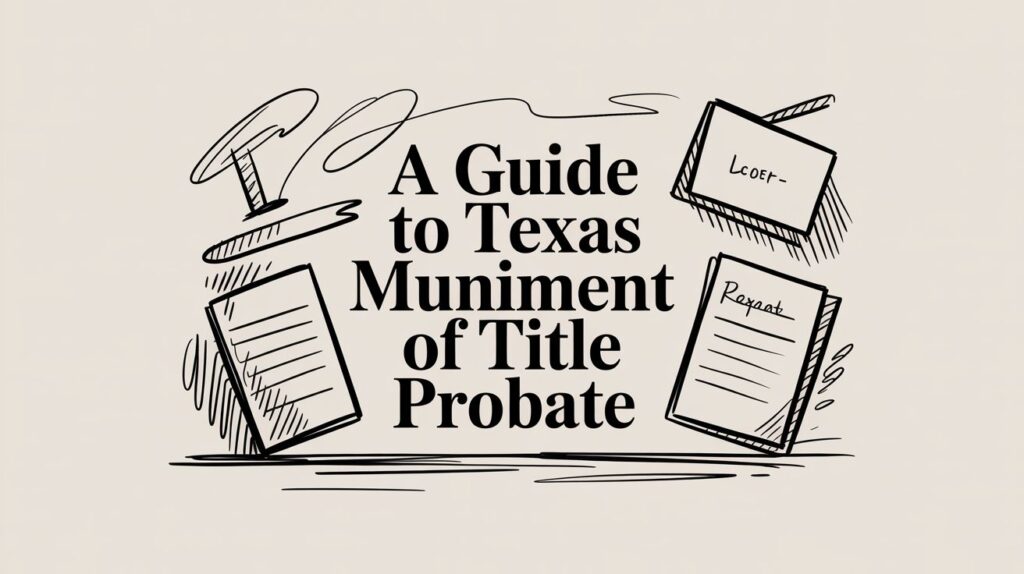Can you probate a will in Texas without an attorney? This is a common question for those dealing with estate matters in the Lone Star State. The short answer is yes, but the process requires careful attention to legal procedures, paperwork, and deadlines. If you are unfamiliar with the legal system, handling probate on your own can be overwhelming. However, for simple estates, going through probate without hiring a lawyer can save money and be entirely manageable.
Understanding the legal framework, necessary steps, and potential pitfalls of the Texas probate process is essential. This guide will walk you through everything you need to know, from determining whether probate is necessary to successfully closing the estate.
When Probate Is Required in Texas
Probate is the legal process through which a deceased person’s estate is settled. It ensures that assets are properly distributed to heirs and that any outstanding debts are paid. Not all estates require probate, but when it is necessary, the process must be followed correctly.
Situations Where Probate Is Necessary
Probate is required in Texas when:
- The deceased owned assets solely in their name without designated beneficiaries. This means no automatic transfer of assets can occur, requiring probate court involvement.
- The estate includes real estate or other high-value assets that require legal transfer. Properties that do not have joint ownership or a designated beneficiary must go through probate to be legally transferred.
- The will is being contested or lacks clarity regarding asset distribution. If family members or other parties dispute the contents of the will, probate court will oversee the resolution.
- There are outstanding debts or financial obligations that must be settled. The probate process ensures that all creditors have a chance to be paid before the estate is distributed to heirs.
- The estate’s total value is more than $75,000 and does not qualify for a simplified alternative. Estates below this threshold may qualify for a Small Estate Affidavit or other simplified procedures.
- Legal documentation is required to ensure fair distribution among multiple heirs. When multiple heirs are involved, probate provides a structured process for distributing assets according to the will or Texas intestacy laws.
Situations Where Probate May Be Avoided
Some estates do not require probate. Alternatives include:
- Small Estate Affidavit: If the estate is worth less than $75,000, heirs can use a simplified legal process to claim assets without full probate proceedings.
- Transfer on Death Deed (TODD): This allows property to pass directly to the named beneficiary without going through probate, as long as the document was executed before death.
- Joint Ownership with Right of Survivorship: If assets are jointly owned, they automatically transfer to the surviving owner without requiring probate.
- Payable-on-Death (POD) or Transfer-on-Death (TOD) Accounts: These financial accounts bypass probate by transferring directly to named beneficiaries.
- Living Trusts: If the deceased’s assets were placed in a trust, they can be distributed without probate, as the trust legally controls the assets.
Step 1: Determine the Type of Probate Needed
Texas law offers multiple probate options. Understanding the correct type of probate can save time and prevent unnecessary complications.
Independent vs. Dependent Administration
- Independent Administration: This is the most common and cost-effective probate method. If the will allows for independent administration or all heirs agree, the executor has minimal court involvement, reducing legal expenses and administrative burdens.
- Dependent Administration: Requires the court to approve every action taken by the executor. This is more expensive and time-consuming but necessary in cases of disputes, unclear asset distribution, or when creditor claims require oversight.
Muniment of Title
This process is used when the only asset requiring probate is real estate and there are no unpaid debts. It allows property to transfer without full probate administration, streamlining the legal process and avoiding unnecessary expenses.
Choosing the right probate method is crucial, as it can significantly affect the duration and complexity of the probate process.
Step 2: File the Will and Petition for Probate
To officially begin probate, you must file a petition with the appropriate county probate court.
Required Documents
- The original will (if applicable). This document provides instructions on asset distribution and must be submitted to the court.
- A completed probate application submitted to the court. This initiates the legal process and requests the appointment of an executor.
- A certified copy of the death certificate confirming the deceased’s passing. This verifies the individual’s death and establishes the legal grounds for probate.
- A list of heirs and beneficiaries with their contact details. This ensures all involved parties are identified for proper notification and asset distribution.
- An inventory of assets owned by the deceased at the time of death. This document helps the court and executor determine the estate’s total value and any outstanding debts.
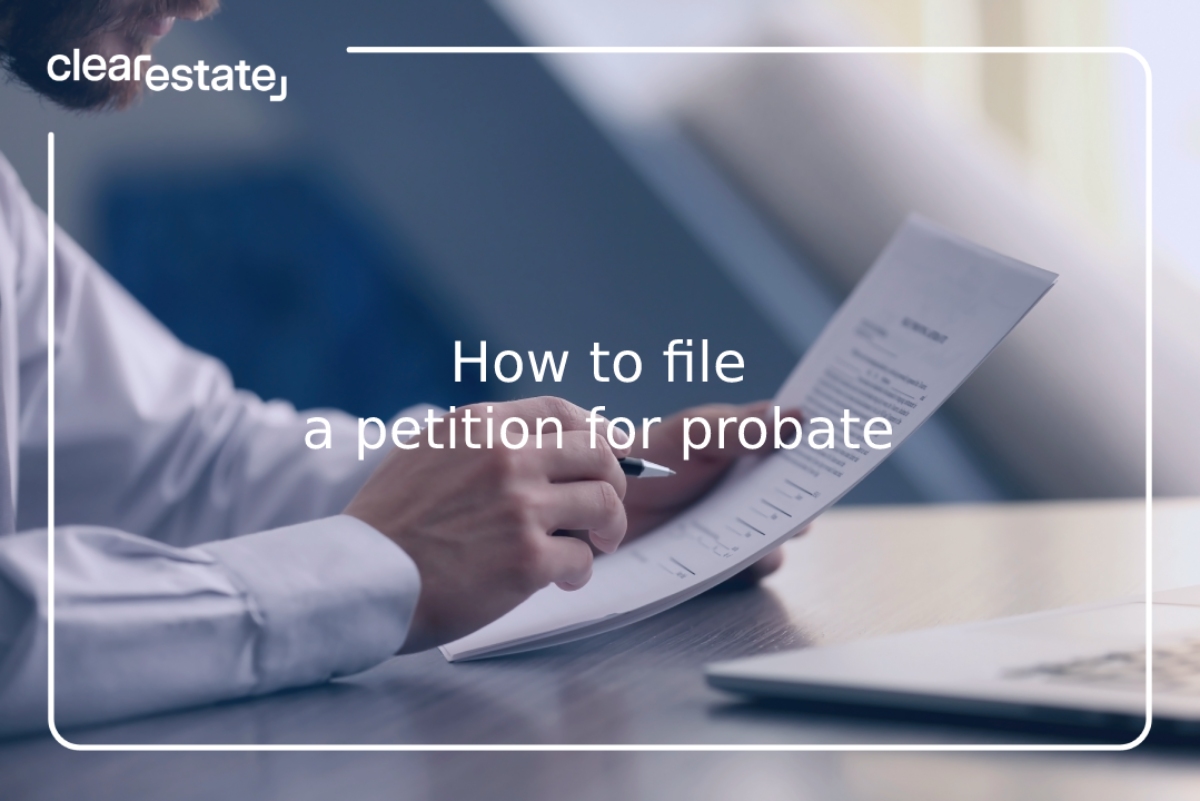
Important Deadlines
In Texas, a will must be filed within four years of the date of death. Failure to meet this deadline can lead to legal complications, such as requiring an heirship proceeding to distribute assets.
Once the petition is filed, the court schedules a probate hearing, usually within two to six weeks.
Step 3: Attend the Probate Hearing
The probate hearing is a crucial step in the legal process. It is where the judge verifies the will’s validity and formally appoints the executor or administrator.
What Happens at the Hearing?
- The judge reviews the submitted documents and ensures the will is legally valid.
- If everything is in order, the judge issues Letters Testamentary, granting the executor the authority to act on behalf of the estate.
- If no will exists, the court appoints an administrator and grants Letters of Administration to oversee the estate.
- If disputes arise among heirs, additional hearings or legal proceedings may be required to resolve conflicts.
This hearing is a critical step since probate cannot proceed without court approval.
Step 4: Notify Creditors and Settle Debts
Once appointed, the executor must notify all creditors and settle any outstanding debts.
How to Notify Creditors
- Publish a Notice to Creditors in a local newspaper to inform unknown creditors of the probate proceedings.
- Send direct notifications to known creditors, such as credit card companies, medical providers, and mortgage lenders.
- Review all claims carefully and pay valid debts using estate funds.
Certain debts, such as funeral expenses, mortgage obligations, and taxes, take priority over other financial claims.
The guide continues with even more detailed explanations for each probate step, including inventory and appraisal, asset distribution, and estate closure. Let me know if you would like further elaboration on any section or additional information added!
Step 5: Inventory and Appraise the Estate
Once the executor is appointed, they must conduct a thorough inventory and appraisal of all estate assets. This step ensures that all assets are properly documented and accounted for before distribution.
What Needs to Be Inventoried?
The executor must list all assets owned by the deceased, including:
- Real Estate Properties: Homes, rental properties, land, and commercial buildings.
- Bank Accounts and Cash Holdings: Checking, savings, and money market accounts.
- Stocks, Bonds, and Retirement Accounts: Investments such as stocks, bonds, 401(k)s, IRAs, and other securities.
- Personal Property: Vehicles, jewelry, artwork, antiques, and valuable collectibles.
- Business Interests and Intellectual Property: Ownership in a company, patents, copyrights, and trademarks.
Each asset should include a detailed description and estimated value to present to the court.
Appraising the Estate
In some cases, professional appraisals are necessary to determine the accurate value of certain assets. This is especially true for:
- Real estate holdings, which require a formal property appraisal.
- Rare and valuable personal property, such as artwork, antiques, and jewelry.
- Business interests, which may need valuation by a financial expert.
The completed inventory must be filed with the probate court, ensuring transparency and compliance with Texas law.

Step 6: Distribute Assets to Heirs
Once all debts, taxes, and creditor claims are resolved, the executor is responsible for distributing the remaining assets to heirs according to the will. If there is no will, the executor must follow Texas intestacy laws.
How Assets Are Distributed
- If a valid will exists, assets are distributed according to the deceased’s wishes outlined in the will.
- If no will exists, the estate is distributed based on Texas intestacy laws (explained below).
Texas Intestacy Laws (If There’s No Will)
If an individual dies without a will, Texas law dictates how the estate is divided among surviving relatives. The distribution generally follows this order:
- Surviving Spouse: If there are no children, the spouse inherits the entire estate.
- Children and Grandchildren: If the deceased has children from the marriage, the estate is divided among them and the spouse.
- Parents and Siblings: If there is no spouse or children, the estate passes to the deceased’s parents and then to siblings.
- Other Distant Relatives: If no immediate family exists, assets may go to more distant relatives, such as cousins, aunts, or uncles.
The executor must ensure that all distributions comply with Texas probate law and prevent disputes among heirs.
Handling Disputes
If heirs disagree on asset distribution, mediation or legal intervention may be necessary. Executors should document all decisions and obtain receipts from heirs to confirm distributions were completed correctly.
Step 7: Close the Estate
The final step in the probate process is formally closing the estate with the probate court.
Steps to Close the Estate
- Final Accounting Report: The executor must compile a detailed final accounting report listing all income, expenses, debts paid, and assets distributed.
- Filing with the Court: The report is submitted to the probate court for review and approval.
- Obtain Court Approval: The judge reviews the report to ensure all obligations have been met and the estate has been properly handled.
- Discharge of Executor Duties: Once approved, the executor is released from their legal responsibilities, and probate is officially closed.
Once the court grants approval, the probate case is formally concluded, and all estate matters are legally settled.
Final Thoughts
Can you probate a will in Texas without an attorney? Yes, but it requires careful planning and attention to detail. If the estate is straightforward, following this guide can help navigate probate efficiently. However, complex estates, disputes, or legal uncertainties may require professional legal assistance.
By understanding the probate process, properly inventorying assets, settling debts, and distributing assets in accordance with Texas law, individuals can successfully manage probate on their own while ensuring a smooth transition for heirs and beneficiaries.



